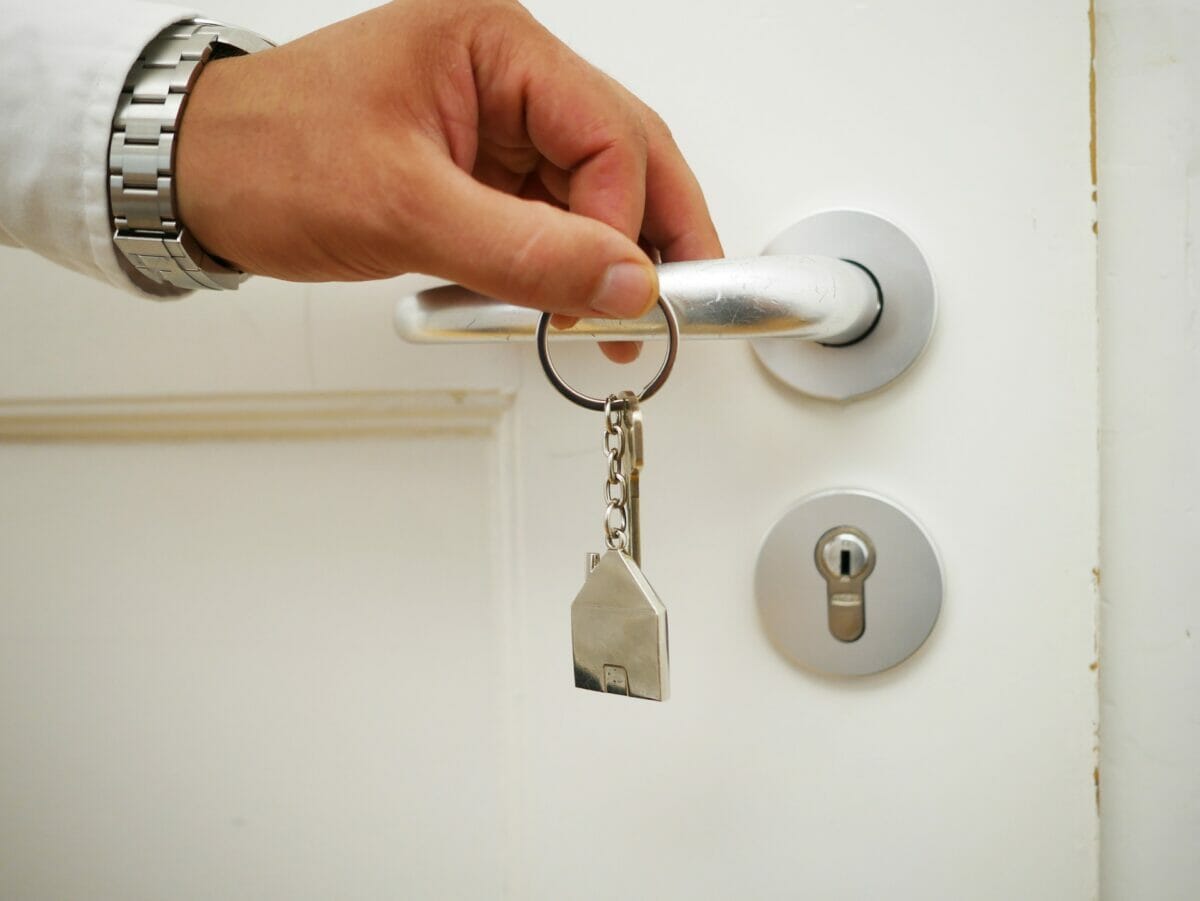
Maintaining a rental property is crucial for tenant satisfaction and investment security. Landlords should implement various strategies to keep their tenants happy and protect their investment.
Regular inspections are essential to identify any maintenance issues early on. Landlords should conduct inspections at regular intervals to check for any repairs or maintenance tasks that need to be addressed. Prompt response to maintenance requests is also crucial. Landlords should prioritize and address maintenance issues promptly to ensure tenant satisfaction.
Preventive maintenance is another key strategy. Landlords should proactively maintain the property by scheduling regular maintenance tasks such as HVAC system servicing, plumbing inspections, and roof inspections. This helps prevent major issues from arising and ensures the property remains in good condition.
Good communication with tenants is vital for rental property maintenance. Landlords should establish clear channels of communication with tenants and encourage them to report any maintenance issues promptly. Regularly updating tenants on maintenance schedules and progress can also help foster a positive landlord-tenant relationship.
Budgeting for maintenance costs is an important aspect of rental property management. Landlords should allocate a portion of their rental income towards a maintenance fund. This fund can be used to cover any unexpected repairs or maintenance tasks that arise. Having a dedicated budget for maintenance ensures that landlords can address issues promptly without financial strain.
By implementing these strategies, landlords can ensure tenant satisfaction, protect their investment, and maintain a positive landlord-tenant relationship in the long run.
According to a survey by Lendlord, over a third (38%) of landlords in the UK are looking to expand their property portfolios in the next twelve months. The survey also revealed that 20% of landlords are planning to renovate their properties, while 42% plan to focus on renting out their existing properties. Landlords prioritize improving the value of their properties (45%) and increasing rental income (38%) as their investment goals. Additionally, 40% of landlords intend to leverage existing equity in their portfolio, while 35% would consider taking out a new mortgage or loan. Market fluctuations (42%) and regulatory changes (38%) are the top concerns for landlords in 2024. The majority of respondents (82%) expressed a desire to continue growing and expanding their property portfolios in the future [4a08481d].